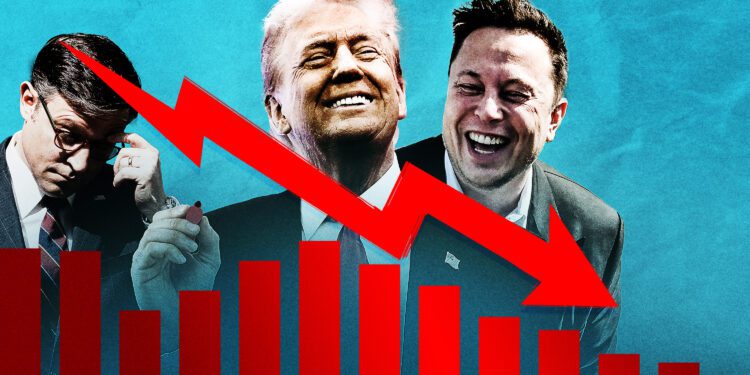American politics plunged into turmoil Wednesday night as Donald Trump and Elon Musk took significant actions that hurtled the country towards a potential government shutdown.
The duo dismantled a meticulously crafted bipartisan agreement that Speaker Mike Johnson needed to finalize by Friday in order to secure government funding, with Musk leveraging his X platform to launch attacks on the Republican Party he professes to back.
House Majority Leader Steve Scalise (R-LA) informed journalists on Capitol Hill that the bipartisan arrangement was no longer viable, marking an extraordinary day where Trump showcased his substantial political influence more than a month before he is poised to enter office.
“Currently, there is no new agreement,” Scalise stated, indicating that they were “clearly exploring various options.”
Vice President-elect JD Vance was spotted entering Johnson’s offices in the Capitol on Wednesday evening, as reported by the Associated Press. The speaker was allegedly sequestered in his office for several hours following the collapse of support for his bipartisan legislation.
If both chambers of Congress fail to pass a funding resolution by Friday at midnight, numerous government employees could be furloughed just days before Christmas, and critical services like air traffic control might be thrown into disarray.
The Dow Jones index had already plummeted over 1,100 points after the Federal Reserve declared an interest rate cut on Wednesday, and the sell-off intensified after hours—suggesting investor panic.
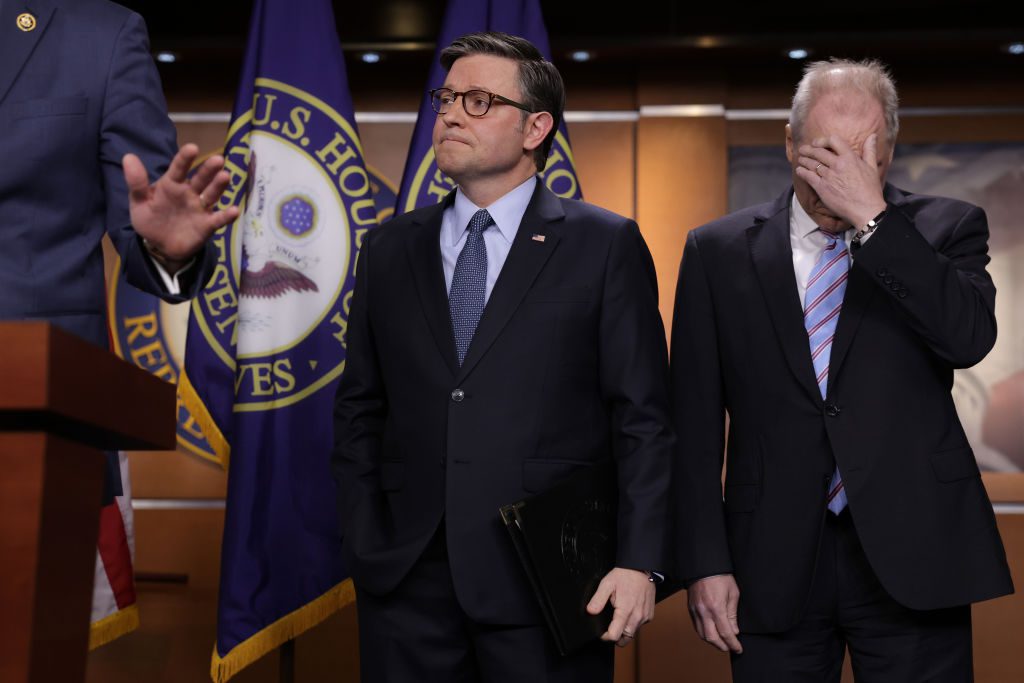
The stunning rejection of Speaker Johnson reached its peak Wednesday evening when Trump issued a series of statements denouncing “foolish and inept” Republicans for considering the legislation, claiming it included “all of the Democrat ‘bells and whistles’ that would be detrimental to our Country.”
He also implied that he would back primary challenges against any Republican who endorsed Johnson’s bill.
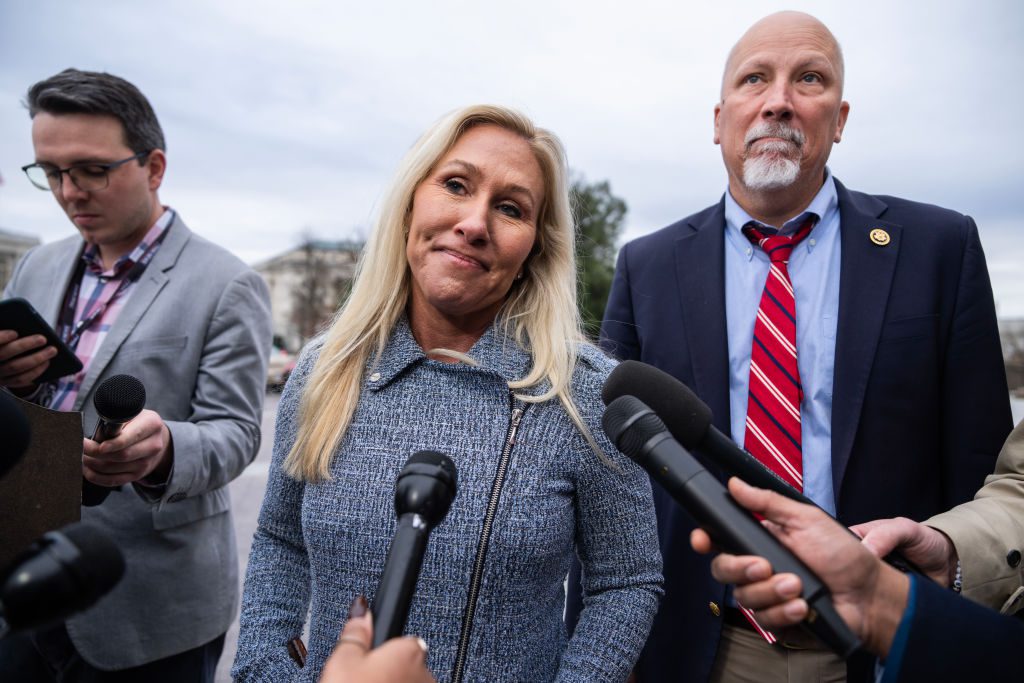
Sources informed Politico and The Hill that Speaker Johnson was contemplating a “plan B” following the upheaval instigated by Trump and Musk. This new strategy would likely involve a so-called “clean” continuing resolution to fund the government without the extra expenditures—although it remains uncertain how such a measure would garner the needed Democratic support to pass through the House.
Johnson’s office did not respond immediately to a request for comment.
In the wake of Trump’s barrage of posts on Truth Social, he criticized the proposed bill for not addressing the debt ceiling, the total amount that the federal government is authorized to borrow under current law.
The debt issue was not included in the initial discussions.
The debt ceiling, which Congress suspended in 2023, is set to expire in January. Trump referred to the imminent battle over the debt ceiling as a “guillotine” and a “nasty TRAP,” urging Congress to resolve the matter before his inauguration.
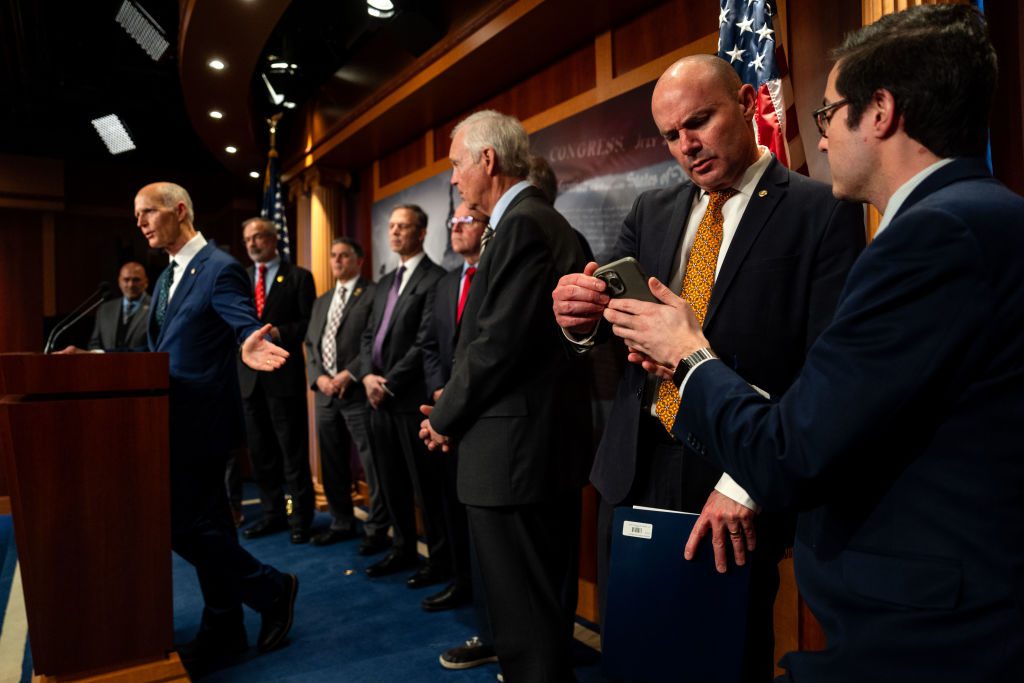
After Trump’s extensive posts, Scalise spoke to reporters, acknowledging that Congressional members were now engaged in “ongoing discussions” regarding the debt limit.
Musk and his partner in the “Department of Government Efficiency,” Vivek Ramaswamy, were the first to disrupt the corridors of Congress on Wednesday with a continuous stream of posts on X, the social media network he purchased for $44 billion in 2022, criticizing Johnson’s tightly assembled bill for its apparent attempts to attract Democratic votes.
Initially, the billionaire Tesla founder became a vocal ally of Trump during the presidential race and was subsequently awarded a leading role alongside Ramaswamy on a panel humorously dubbed DOGE, after a popular internet meme featuring a Shiba Inu from Japan.
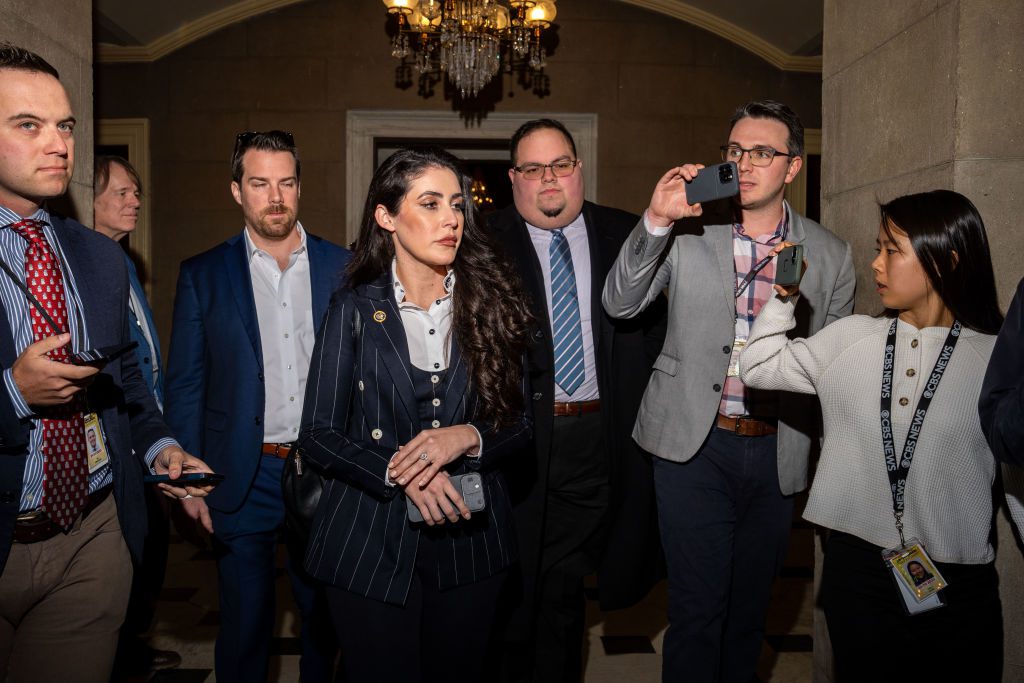
However, Musk claimed to have achieved an early victory on Wednesday afternoon over his new allies in Congress, posting on X: “Your elected representatives have listened, and now the dreadful bill is no more. The people’s voice has prevailed!”
Johnson first revealed the text of the extensive spending bill, exceeding 1,500 pages, on Tuesday night. The legislation encompassed approximately $100 billion in disaster relief aid for the victims of Hurricane Helene and Hurricane Milton, as well as billions in agricultural subsidies and funding for rebuilding the Francis Scott Key Bridge in Baltimore, which suffered damage from a ship collision earlier this year.
More contentiously for Musk and certain other Republicans, the bill also proposed the first pay increase for members of Congress since 2009.
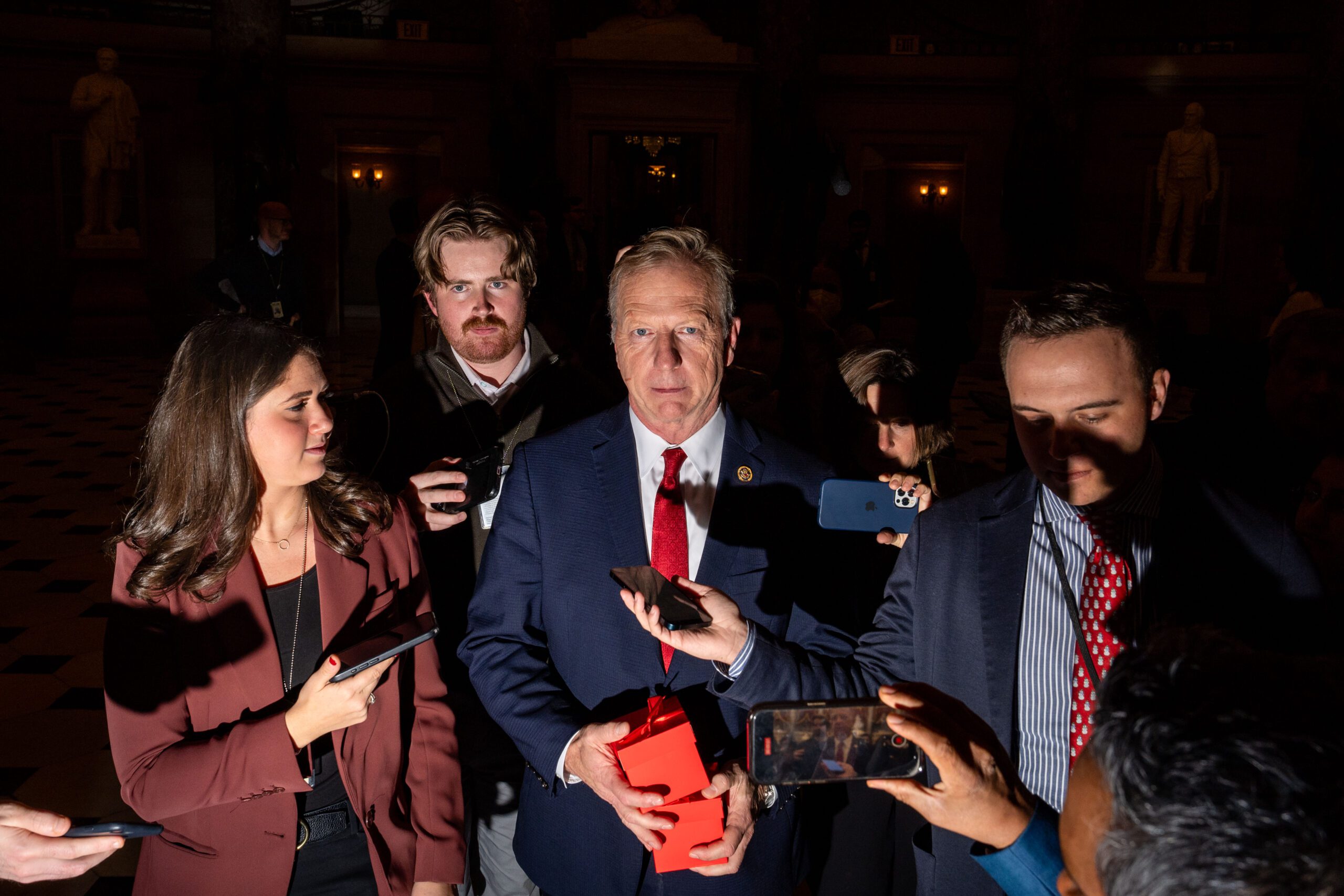
In their statements, Trump and Vance expressed support for the disaster relief and agricultural subsidies but argued that Republicans could effectively deliver this spending in 2025 when they control both Congressional chambers. “The only way to achieve this is with a temporary funding measure WITHOUT DEMOCRAT GIVEAWAYS, combined with an increase in the debt ceiling. Anything short of this is a betrayal of our country.”
House Democrats were outraged by this maneuver. Minority Leader Hakeem Jeffries (D-NY) suggested Democrats would reject a clean stopgap measure, remarking on X: “You break the bipartisan agreement, you bear the consequences that follow.”
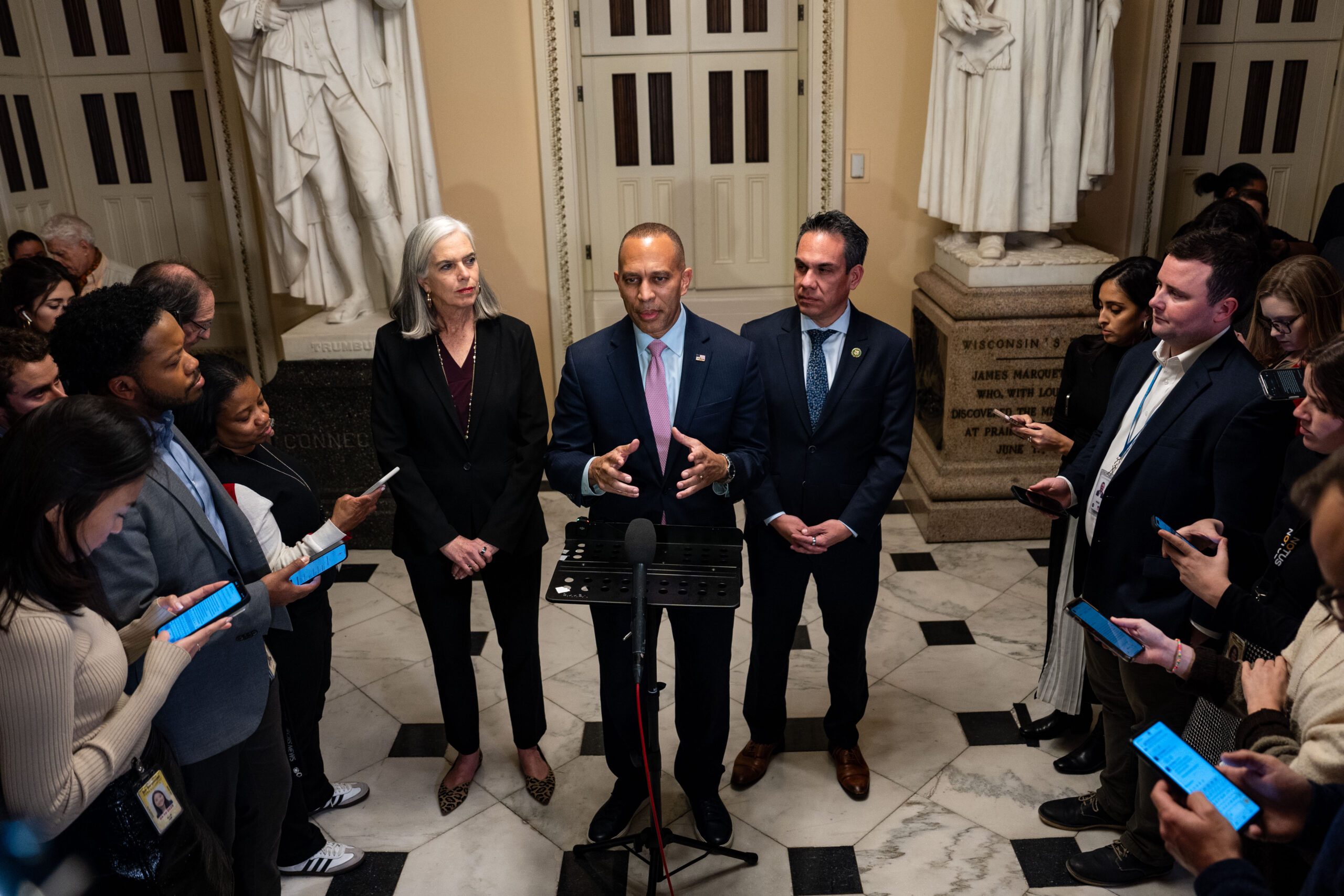
Even the outgoing Biden administration intervened to denounce Trump and Vance’s dramatic actions on Wednesday.
“Causing a harmful government shutdown would negatively impact families looking to reunite with loved ones and jeopardize the essential services that Americans rely on, from veterans to Social Security recipients,” the White House stated in a statement. “A deal is a deal. Republicans should uphold their commitments.”

